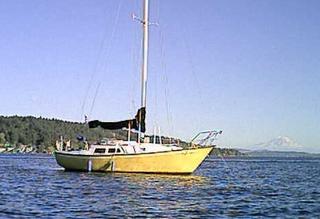 |
 |

We Said Space Driver Give It A Spin

(Image Courtey ESO)
This could be one of the most significant discoveries in the history of astronomy. Planet-hunters at the Geneva Observatory in Switzerland have reported finding what may be the first of many "earth type planets" inhabiting the Milky Way Galaxy, in a solar system designated Gliese 581, approximately 20.5 light years from Earth, in the constellation Libra. The planet, designated Gliese 581 C, is roughly 1.5 times larger than the Earth, with about five times greater mass, and orbits its sun, an MV class red dwarf, in a period of slighly more than 14 days.
The major significance of this particular finding is extraordinary on several levels: first, this is the smallest planet located to-date, and is much closer in size to Earth than any "exoplanet" previously discovered. Secondly, the planet orbits in its parent star's "habitable zone", meaning that temperatures at the surface (estimated to range from 0 to 40 degrees centigrade) are sufficient for sustaining liquid water, which is essential for the formation of organic life. Finally, the discovery of a potentially earth-like planet in relative proximity to our own solar system may indicate that such planets are more common than has been previously theorized.
The challenge has always been to glean these tiny bits of rock, mist and chemicals from the incredibly small perturbations they cause in the gravitmetric readings of their parent stars; the so-called "gravitational wobble", or Doppler shift of the star's orbit as viewed from Earth, caused by the passage of another object, usually a Jupiter-sized or larger gas giant in front of the star. The wobble is much more difficult to detect for Earth-sized planets, and astronomers were waiting for more sophisticated instruments to help them refine their search. The fact that this particular planet has been located using the older, less exacting method, bodes well for the prospect of discovering even more similarly scaled planets in our celestial neighborhood. There's no guarantee of course that any of these planets do in fact harbor life, let alone anything approaching intelligent life, but the odds increase with each earth-like planet we catalogue.
The implication of such a discovery would be literally earth-shattering; everything we know - or rather think we know - about our place in the universe would be completely turned on its head by the discovery of extra-terrestrial life.
And that discovery may now happen sooner than we think.Labels: astronomy, science, Space
Posted byCOMTE
on 9:16 AM
|
 |


